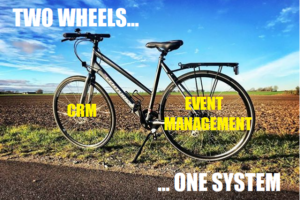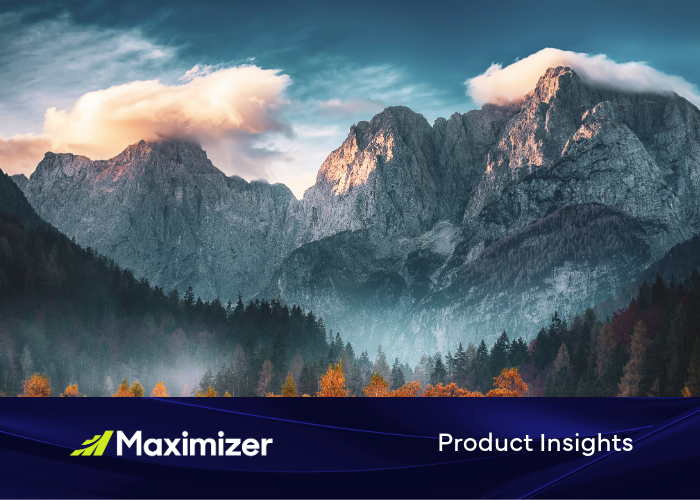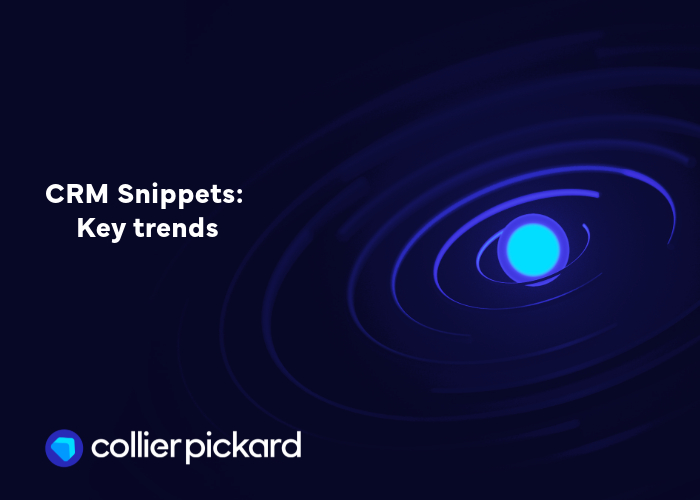I wrote about a tool we developed for managing events in CRM a little while ago, and whilst this enhancement was specific to a single platform, I think it’s important to understand why it’s crucial to have a unified Event Management and CRM system from a strategic standpoint.
CRM vs Event Management
Firstly, why is it essential that these two functions exist either in one system, or are so tightly joined that you can’t tell they aren’t? Well, let’s take a step back and think about why we have these systems in the first place.
CRM means Customer Relationship Management – yes, professional sounding words, but what does it mean to us? CRM at its core means:
- Understanding the strength of, and knowing what you can do to improve your professional relationship with your clients and prospects
- The ability to know anything about a customer or lead quickly and effectively when you need to, without having to ask different people or search through different systems
- Giving you the tools to track what, why, how and when you are providing products and services to your customers or potential customers – and being guided through that process
Event Management means being able to fully understand who is coming to your events and whether they turn up or not. Its about knowing how to identify key metrics and trends, such as who’s certifications are due to expire, who is interested in a specific industry or product line, and how to segment and target them based on that. Event Management helps you differentiate yourself as a thought leader or trusted advisor when you need to, versus a generic supplier when more appropriate.
Given that this is the case, it becomes imperative for the sales team to have visibility of corporate event data in order to make smart, relevant and timely decisions. Your sales team needs to know who they are dealing with and what specific products or business areas they are interested in at the earliest opportunity, before they make contact with them. This will not only make the sales team more efficient at their jobs, but also provide them with the ability to identify other potential opportunities within the customer and prospect database.
And it’s not just your sales team – your marketing team also needs to have access to accurate data on events, so that they can target the right people with their campaigns, so that they can ensure no-one slips through the marketing net, so that follow-up plans can be executed with relevant information to relevant people.
This is all part of using the information we have to make the best possible decisions, at the right time.
When 2 become 1
Imagine if you needed to constantly stay on top of two sets of data – one in CRM and the other in the Events Management system. Imagine if, every time you wanted to create an event, the information in your CRM system needs to be reviewed by 20 people before shortlisting and re-evaluated by account or client managers before finalisation in Excel, for it to then be imported into an Event Management system. Imagine how frustrating it might be, if event managers need to send regular updates to internal staff, when the internal staff could be getting real-time updates for themselves…
That’s why it makes sense for all of this information to be joined up. Sure, there are many challenges associated with effective event management, and as my colleague Alan Joenn rightly mentions, there is a long list of tasks that need to happen to run a successful event. On top of that, often the most challenging part of event management is actually deciphering the most advantageous people to invite. Identifying the people or businesses who are most growable or profitable should be made easier and more accurate by basing it on data we already have, in one system.
With a unified system, these challenges disappear and you can start to reap the benefits of intelligent information, such as forecasting trends and analysing KPIs. As systems and businesses continue to evolve with the customer at the heart of everything, using all of the customer data we have available to us as effectively as we can is key to becoming, and remaining, a strong player in the market.
And by the way, if using data to successfully influence your customer interactions is important to you, there’s lots more information you can find in this LinkedIn Group.





